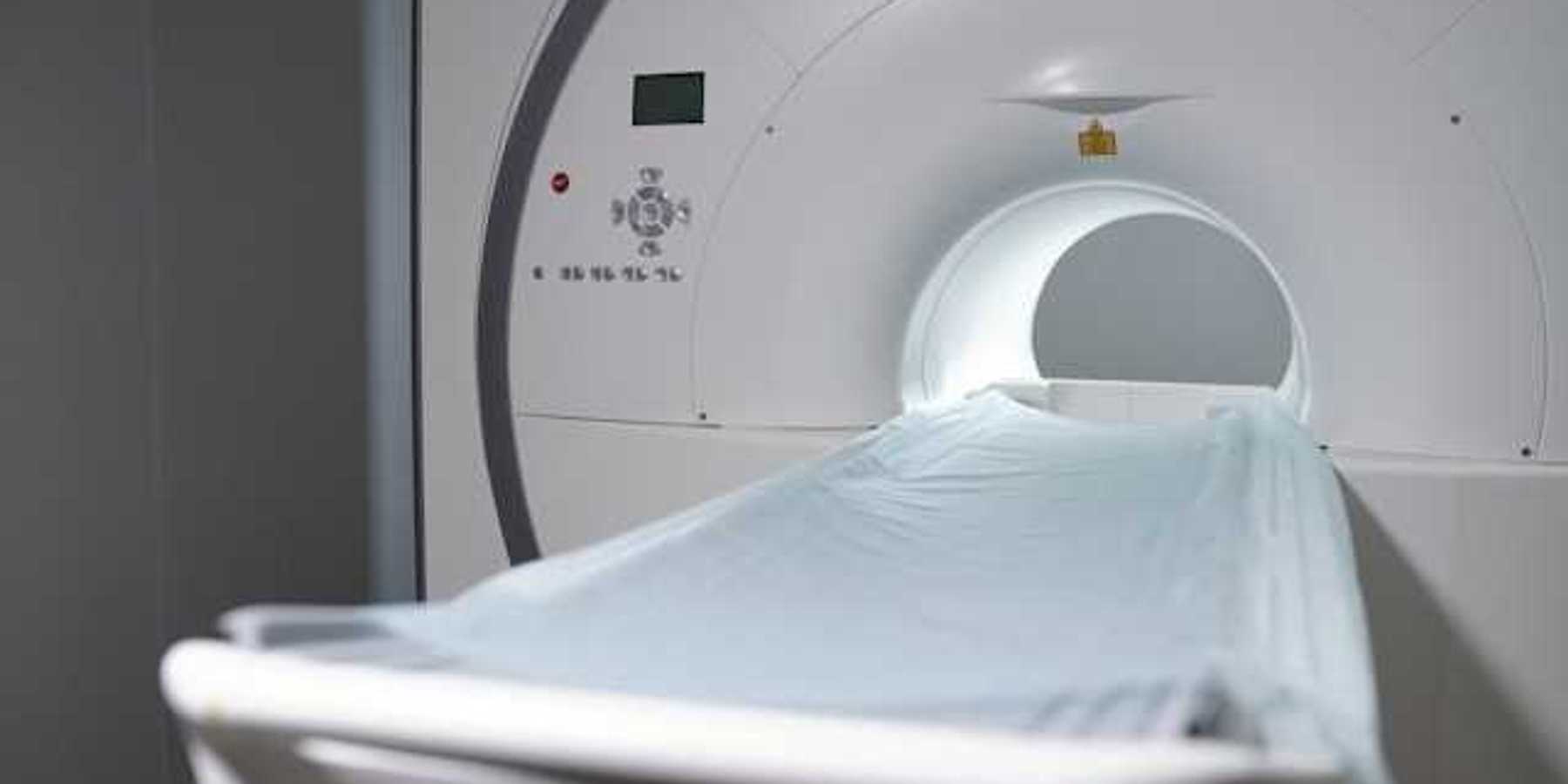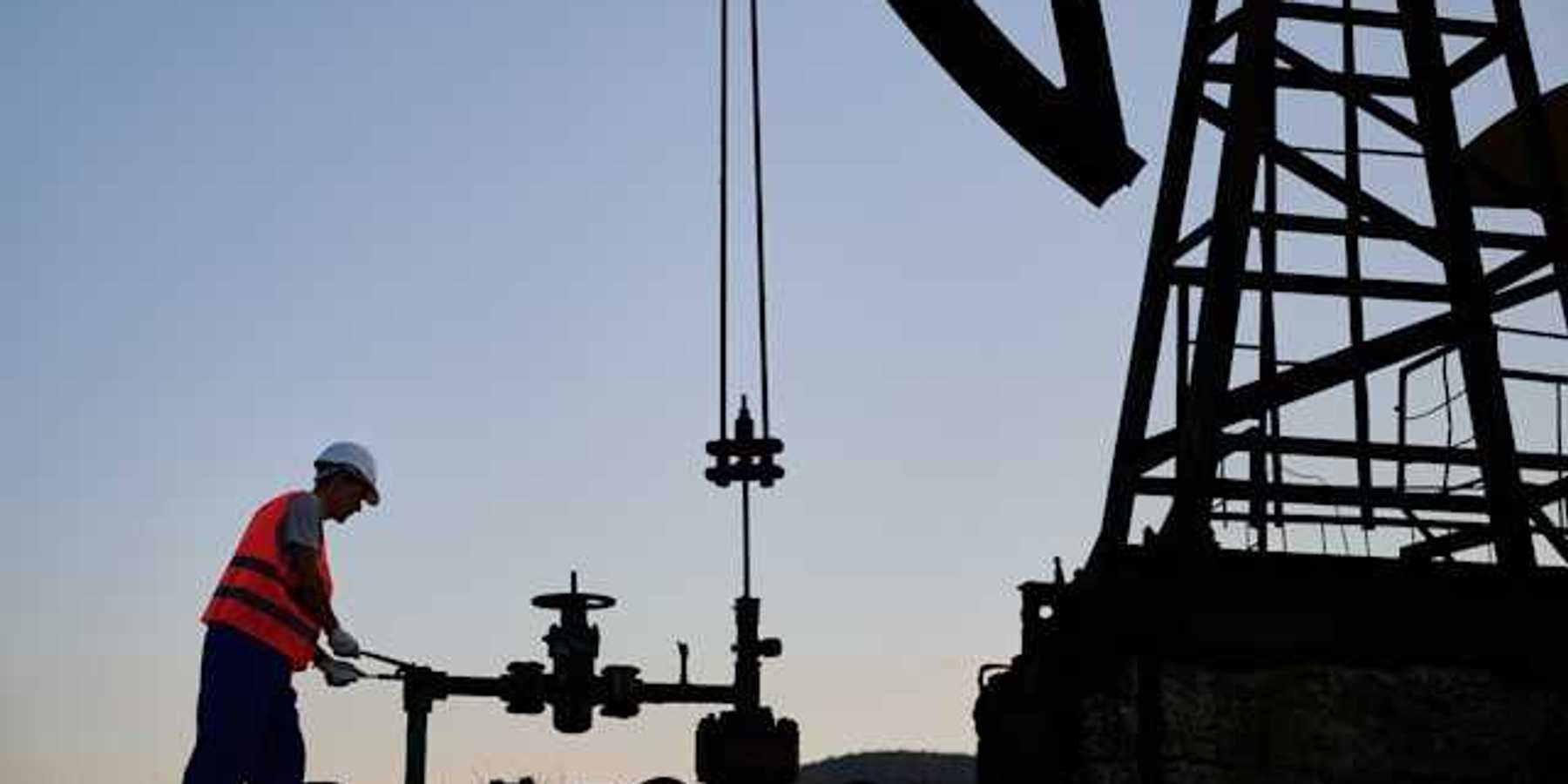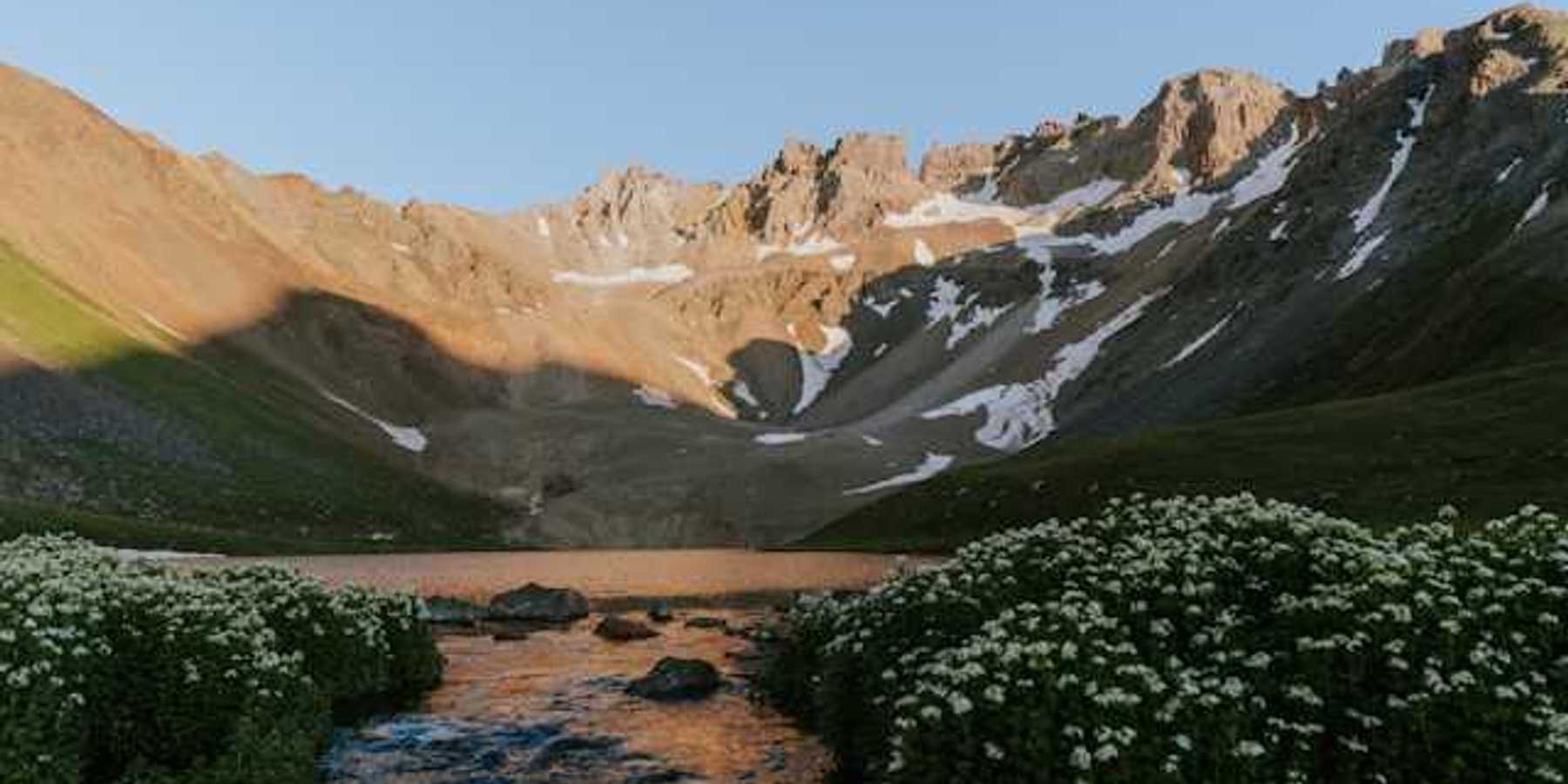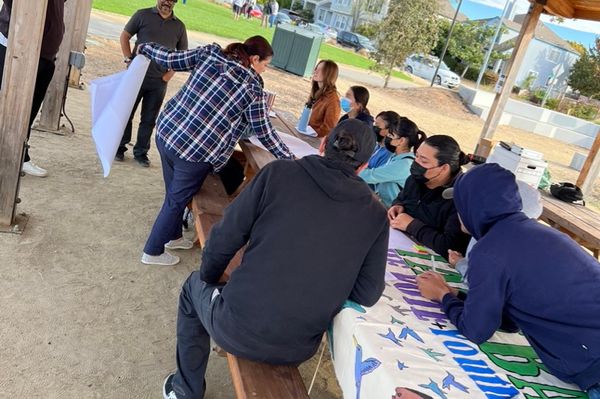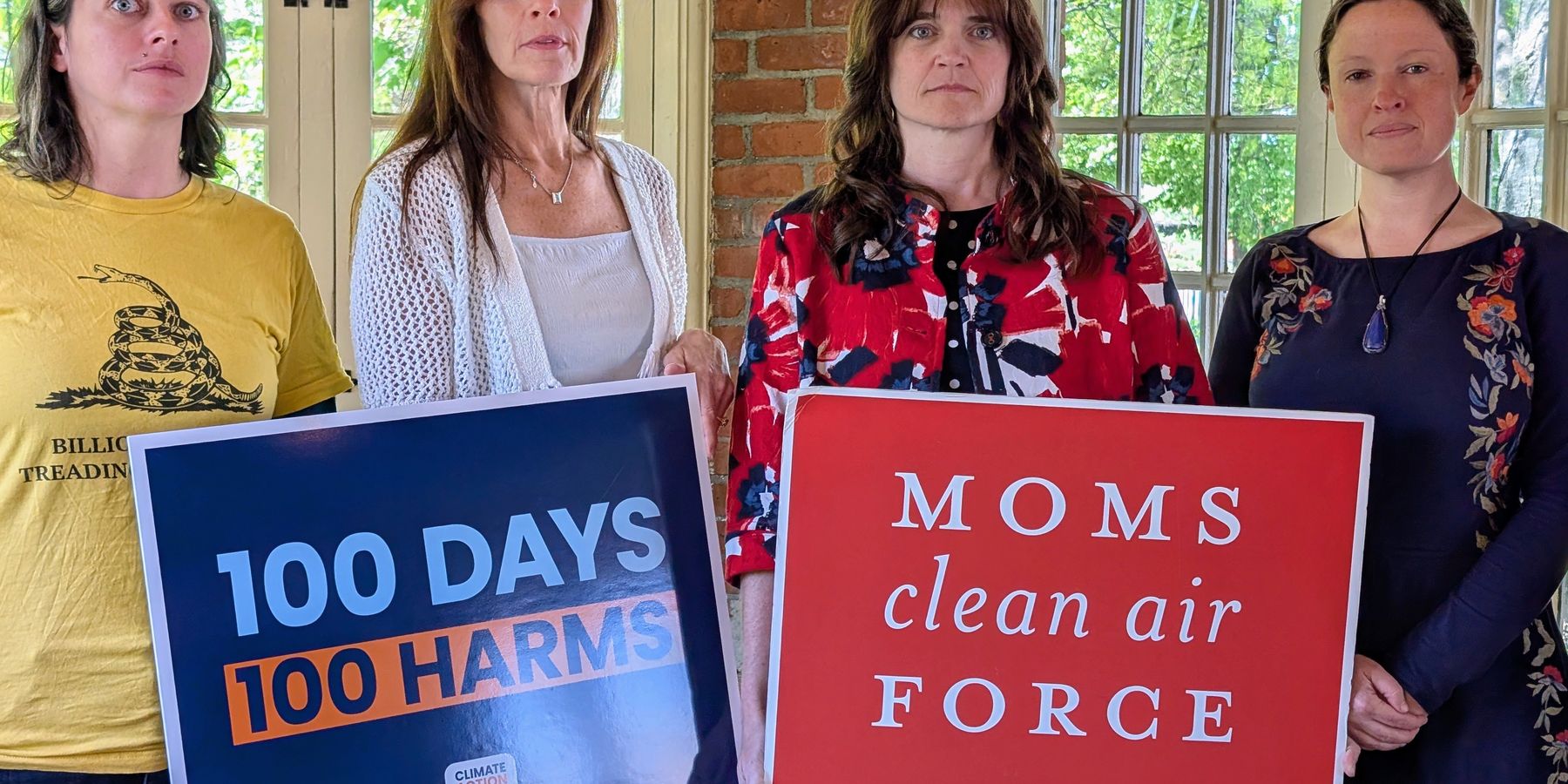
Pennsylvania health advocates say Trump’s first 100 days in office have caused “100 harms” to local communities
“They're terrorizing these scientists because they want to keep them silent.”
PITTSBURGH — On Wednesday, the morning after hurricane-like weather conditions killed at least four people and caused power outages at more than 400,000 homes in southwestern Pennsylvania, community advocates and scientists held an event to discuss how President Donald Trump's first 100 days in office have set back climate action and harmed environmental health and research.
“Climate change has created numerous dangerous realities for families in Pennsylvania,” said Vanessa Lynch, an organizer with Moms Clean Air Force who spoke at the event. “Severe storms are becoming more frequent and more severe, like yesterday's storm with winds ripping out trees, tearing off roofs, and causing hundreds of thousands of people to be without power.”
The event was part of a series of actions across the country by advocates for health, human rights, and the environment dubbed “100 days, 100 harms,” intended to highlight the on-the-ground impacts of the Trump administration’s first 100 days in office.
Lynch noted that the Trump administration has announced plans to revoke a 2009 U.S. Environmental Protection Agency (EPA) policy, based on a Supreme Court ruling, that says greenhouse gasses are a threat to public health and should be regulated under the Clean Air Act. The policy, known as the “endangerment finding,” serves as the legal basis for most federal and many state climate pollution rules for power plants, industries, and cars, and experts have warned that revoking it could have substantial public health impacts.
 Vanessa Lynch, organizer with Moms Clean Air ForceCredit: Kristina Marusic for EHN
Vanessa Lynch, organizer with Moms Clean Air ForceCredit: Kristina Marusic for EHN
“I’ve witnessed firsthand the impacts the oil and gas industry has had on my community in western Pennsylvania, where I live with my two children and my husband,” Lynch said, adding that an oil and gas well in her neighborhood negatively impacts air quality near daycares, schools, homes, and an assisted living facility. “Revoking the endangerment finding would threaten the EPA’s ability to protect us from climate pollution at all.”
Carrie McDonough, an assistant professor of chemistry at Carnegie Mellon University who leads a research group focused on the health risks toxic chemicals pose to humans and wildlife, said the Trump administration has taken numerous actions undermining what agencies like the U.S. Centers for Disease Control and Prevention (CDC) and the EPA can do to protect Americans from harmful chemical exposures in their everyday lives. As an example, she pointed to the firing of most of the scientists working at the National Institute for Occupational Safety and Health, the agency that regulates workplace safety, including at least 200 in Pittsburgh.
“They’re trying to use federal funding to control our universities — what scientists are allowed to work on, and who is allowed to do that work,” McDonough said, referencing new restrictions on funding from the National Institutes of Health (NIH), the largest public funder of biomedical research in the world.
“They want us to erase certain words from our work like ‘indigenous,’ ‘disparity,’ and ‘environmental justice,’ because they want to erase marginalized communities who are disproportionately impacted by environmental pollution,” McDonough said. “If this continues, and if scientists at our universities and our federal labs comply, you won't be able to trust our science anymore or the information they give you because our messages will be censored and distorted.”
 Carrie McDonough, assistant professor of chemistry at Carnegie Mellon UniversityCredit: Kristina Marusic for EHN
Carrie McDonough, assistant professor of chemistry at Carnegie Mellon UniversityCredit: Kristina Marusic for EHN
McDonough added that the Trump administration’s unlawful detention of international students across the country has “terrorized” her own international students, hampering their work.
“These are students who left their families behind — some leaving their countries for the first time for the opportunity to come and learn in the United States,” she said. “Some of my students can’t go home to visit their families because they’re afraid they won’t be able to get back into the country. They're terrorizing these scientists because they want to keep them silent.”
Speakers from the Clean Air Council and the Environmental Health Project also shared stories about how Trump’s roll-backs of environmental policies are worsening air pollution and threatening the health of communities that are home to fracking wells and industrial facilities in western Pennsylvania.
“If this was 100 days, what will the next three years look like?” said Lois Bower-Bjornson, an organizer with the Clean Air Council. “We can’t wait to be rescued. We’re going to have to work together to prevent as much of this harm as possible — we owe that to each other.”



